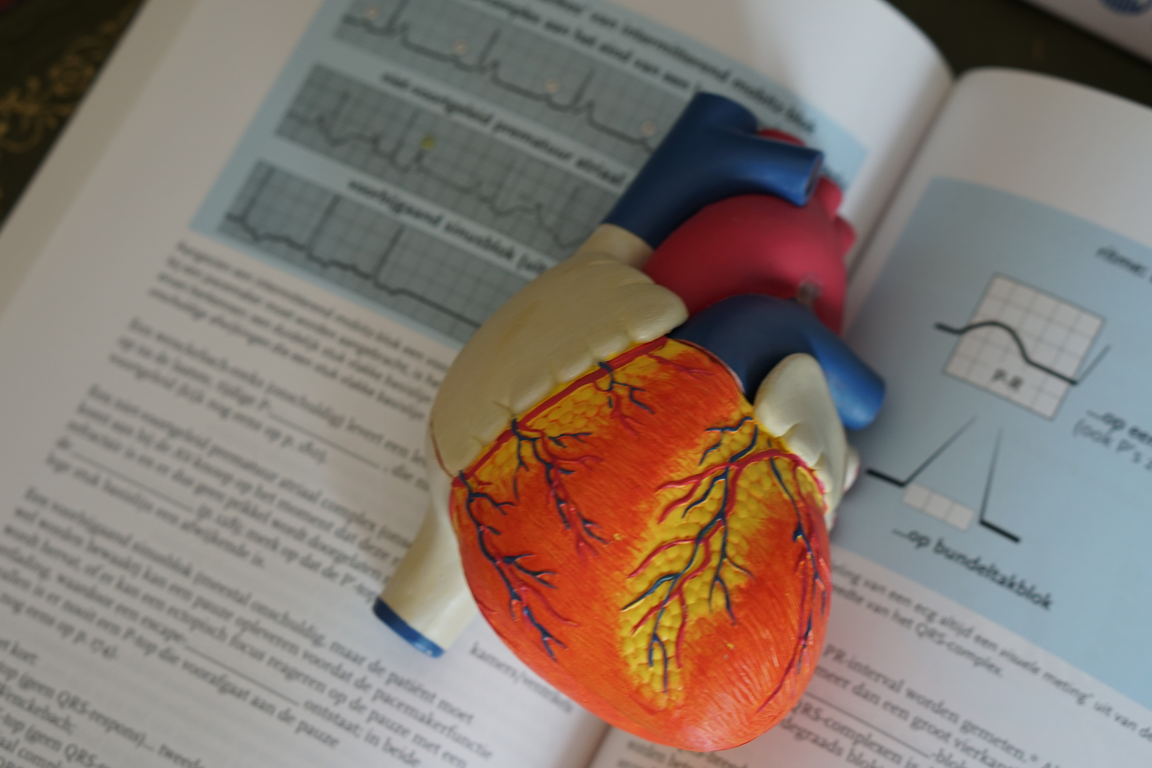
10 Signs You Might Be in Fight or Flight Mode
Although most of us have been in fight or flight mode at some point, you may be surprised to find out how many of the signs are actually unrelated to actual danger. From an evolutionary standpoint fight and flight are designed to be short-term survival responses. Today, our threats are different and more prolonged which can lead to getting stuck in fight or flight mode for much longer periods, like day and for some people years. Being in fight or flight mode for long periods of time can lead to burnout, depression, and long-term chronic health conditions. Here are some signs to look out for:
You find it difficult to take breaks or relax
If you’re always on the go and rarely take time to stop and relax, you may be stuck in fight or flight mode when there’s no real danger to be found. So if you’re feeling anxious or stressed out, you should ask yourself whether you are in fight or flight mode, then learn how to get out of it before it becomes a serious problem for your mental health.
Your Breathing is Shallow
When your body is in fight-or-flight mode, you breathe faster and shallower to help get more oxygen into your bloodstream, so that you can react quickly to a situation. If you’re finding you are feeling tightness in the chest, that is not caused by a medical condition. It may mean that you’re experiencing some sort of stressor in your life that has fight or flight system activated. Pay attention to what rises when you are breathing? Is it mostly your chest or your belly? If it is your chest, focus on deep belly breathing to help calm the nervous system.
You are on Edge
When you are in fight or flight mode, your body is wired to be on high alert at all times. This means that you are more likely to overreact to stimuli that wouldn’t normally upset you, like a bad joke by a coworker. People who have experienced traumatic events often report feeling perpetually on edge.
Sleep is Disrupted
When you’re in fight-or-flight mode, getting a good night’s sleep is very difficult. Not only are your stress hormones being pumped through your system, which disrupts sleeping patterns and keeps you awake, but even if you do fall asleep—and get to REM (dreaming) sleep—your body wakes up with every little noise it hears throughout the night. This not only disturbs your normal sleeping pattern but starts to affect how well-rested you feel during waking hours.
Lack of Hunger or Poor Digestion
You are not hungry or your digestion is poor. This happens because your adrenal glands aren’t allowing glucose to enter your brain, which controls hunger and many other bodily functions. Instead, glucose is sent to your muscles for energy. While in fight-or-flight mode, digestion will halt because it requires relaxation. Your body can’t digest a meal if you are running from a bear or trying to manage your stress response.
You Have a Short Fuse
If your fuse is particularly short, you might be in fight-or-flight mode. Think about your level of irritability lately. Has your fuse been shorter than normal? This happens when our fight-or-flight response has been activated and is operating on high alert status—you feel threatened, so you react very strongly to perceived threats and lash out at others.
You are having Anxious Thoughts
If you’re having anxious thoughts, you might be telling yourself, There’s something wrong with me; why can’t I stop it? Why am I struggling so much? The more time you spend in fight-or-flight mode, the stronger and more persistent your anxiety becomes. You might find yourself thinking about how to solve problems, or what you can do about a situation.
You are Burnout and Exhausted
If you are living in fight-or-flight mode, it’s easy to get burned out and exhausted. Our bodies only have so much adrenaline to go around, and eventually, we just run out of juice. Exhaustion is one of your body’s way of letting you know that you need to slow down and stop putting your stress response system into high gear all of the time. We can only live in fight or flight mode so long before we get tired and experience exhaustion. A common symptom is not being able to relax without falling asleep. Of course, this can be due to other medical conditions, however, if you are having more than a few symptoms on the list, it may be due to fight or flight mode. Once the body perceived safety (sitting, relaxing) it takes the opportunity to recharge (sleep).
You Notice You Are Only Motivated By Stress
If you find yourself only being energized by stressful situations you might be in fight-or-flight mode. That’s because your body might be reliant on short-term spikes of stress hormones in order to complete tasks.
Being Jittery and Having Panic Attacks
If you often feel jittery and suffer from panic attacks, it could be a sign that your body is in fight-or-flight mode. If you’re feeling nervous, shaky, and panicky all of the time, seek out trauma therapy. Even if you don’t know what is causing your anxiety and stress, trauma therapy can help retrain your brain to be calm again
I offer a free brief consult to determine if my treatment approach aligns with your needs. Click below to schedule an appointment or a consult, I look forward to meeting you.
Recent Blogs

Are you struggling with getting out of shutdown mode and sick of googling solutions?
Get the Calm in 5 Guide so you can feel better and get back to living your life.











